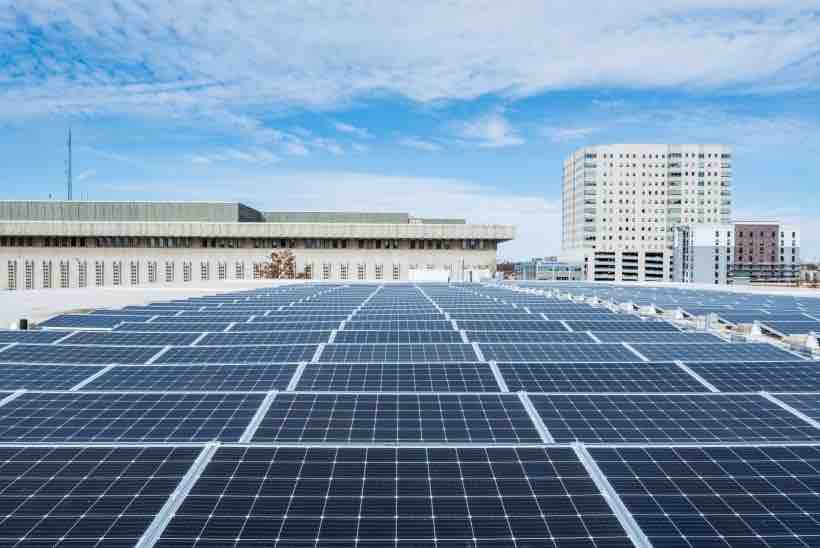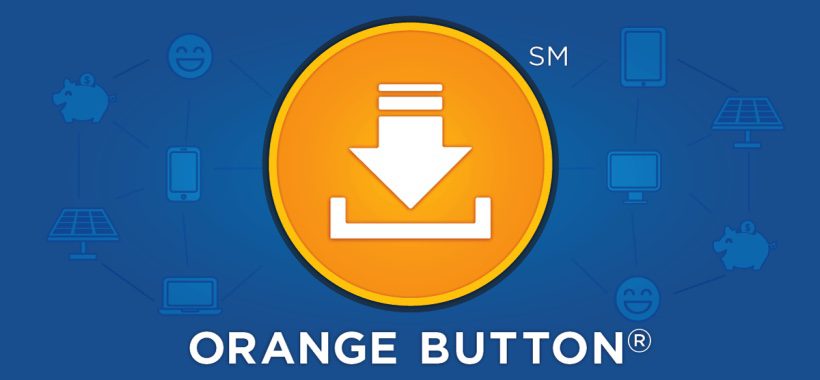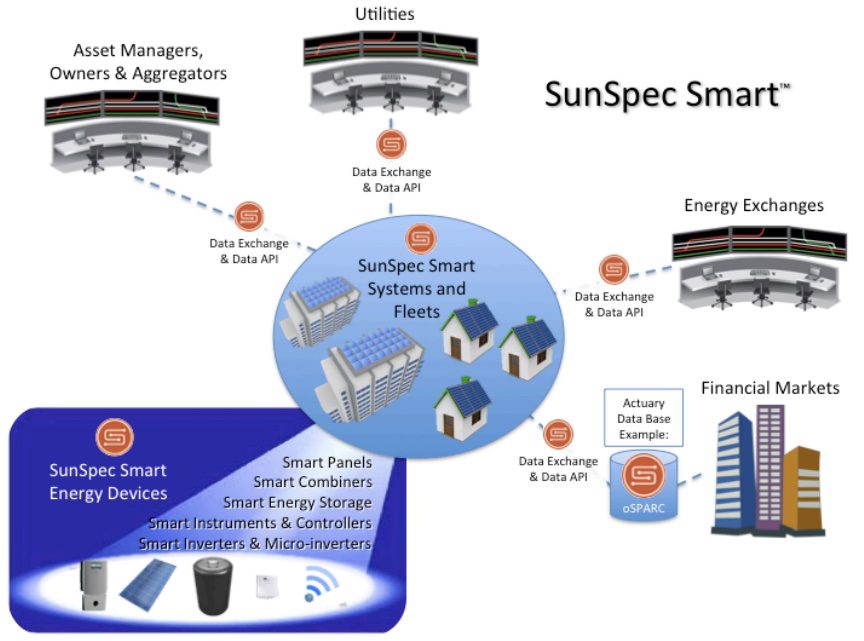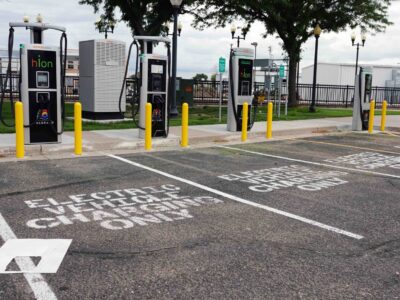Sunlight might be free, but capturing it to create solar energy involves various costs. These not only include the technology, equipment, labor, and land needed to get solar power systems up and running. According to Solar Power World, it also has a wide range of “soft costs” to collect, record, organize, structure, store, and retrieve project data.
You can lower soft costs — and deploy more solar energy faster — by adopting an open-source data exchange standard based on common terms, datasets, and software. That’s the idea behind the Orange Button Initiative, which aims to have solar companies share data to “reduce friction and achieve operational efficiency.”

Photo Courtesy U.S. Department of Energy Office of Energy Efficiency and Renewable Energy
The initiative started as a public/private partnership funded by the U.S. Department of Energy (DOE), the SunSpec Alliance, and more than 350 companies contributing to its development. According to Solar Power World, the concept originated in 2016 when “the need for improved data interoperability and unified data standards” was recognized across the solar industry. The ultimate goal is to lower costs and increase efficiencies for residential, commercial, and utility solar projects.
After the original concept was formulated, the next step was to establish a working group to create an open data exchange standard for the distributed photovoltaics (PV) industry to speed up the deployment of solar projects. The Orange Button Initiative was officially launched in 2018.
SunSpec, a trade alliance of more than 170 solar and storage distributed energy industry participants, was the original lead developer of the technology and licensed the Orange Button trademark.
SunSpec currently leads and manages the Orange Button data standard.
DOE describes the Orange Button Solar Data Standard as an “open data standard developed to create online marketplaces for the solar photovoltaics (PV) industry.” The marketplaces provide a place to exchange data between stakeholders such as PV project developers, asset owners, power plant operators, utilities, grid operators, and software or hardware solution providers.

Photo Courtesy Energy
The initiative was originally funded under the very descriptively named “Solar Bankability Data to Advance Transactions and Access funding opportunity announcement.” According to the DOE, the aim is to lower soft costs and simplify the collection, security, management, and exchange of datasets across the solar PV value chain.
“As the solar market continues to rapidly expand, it’s critical that the collection, management, and exchange of solar datasets are coordinated and streamlined to protect consumers, increase efficient pricing, and support new and existing businesses entering the solar marketplace,” the DOE stated on its website. “Unified data standards can help the solar industry to reduce market inefficiencies and lower costs for consumers.”
This effort is essential work considering the complex web of rules governing the solar installation industry. According to Solar Power World, the United States alone has 18,000 permitting jurisdictions and 3,000 utilities with different rules, regulations, building, electrical, and other codes that systems must comply with.

Photo Courtesy SunSpec
Early work on the Orange Button Initiative came in three phases. It included funding awards to the SunSpec Alliance, the Smart Grid Interoperability Panel, kWh Analytics, and the National Renewable Energy Laboratory.





